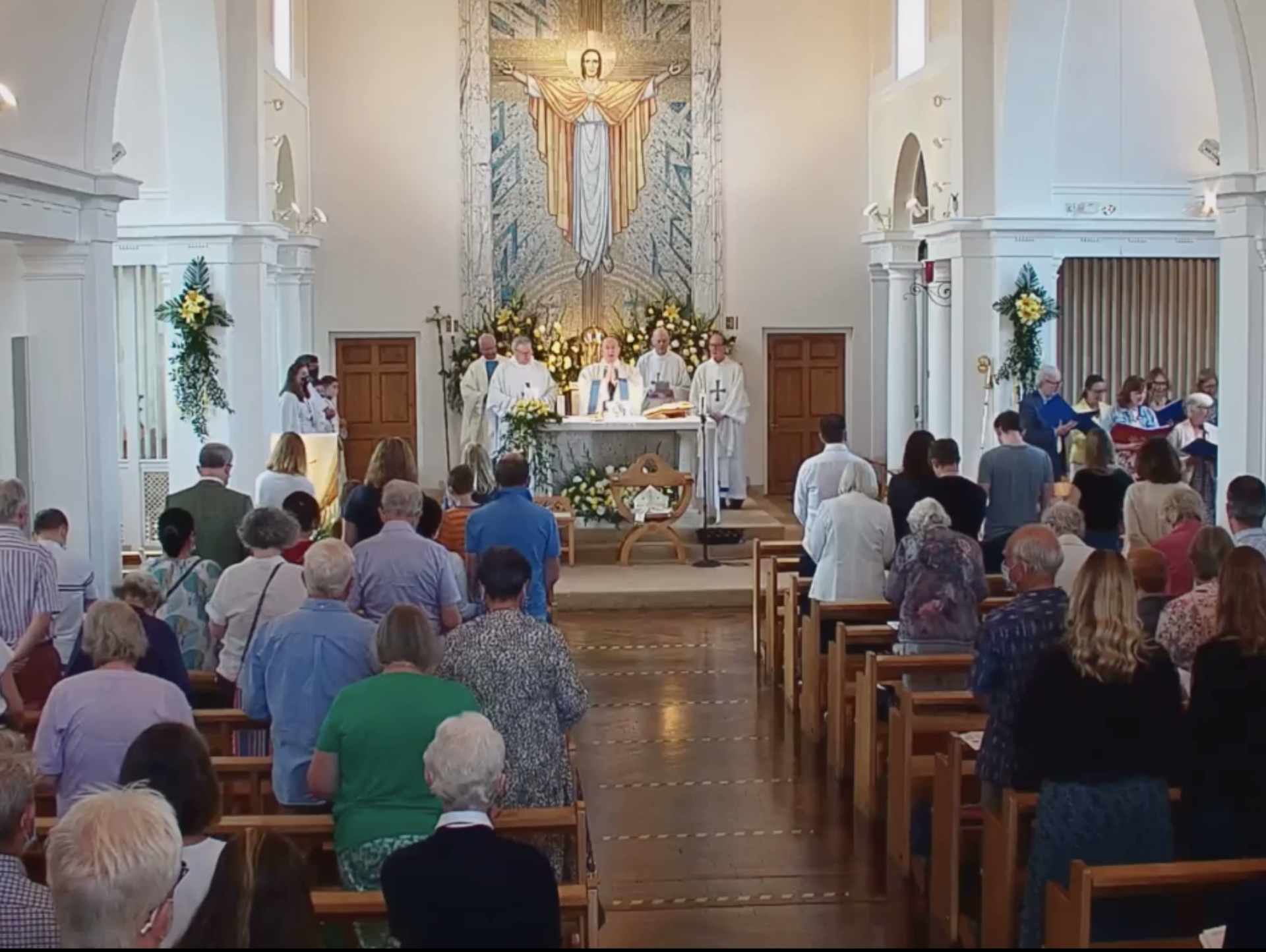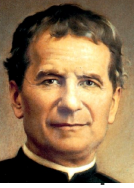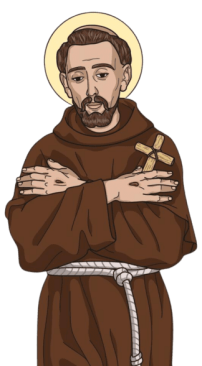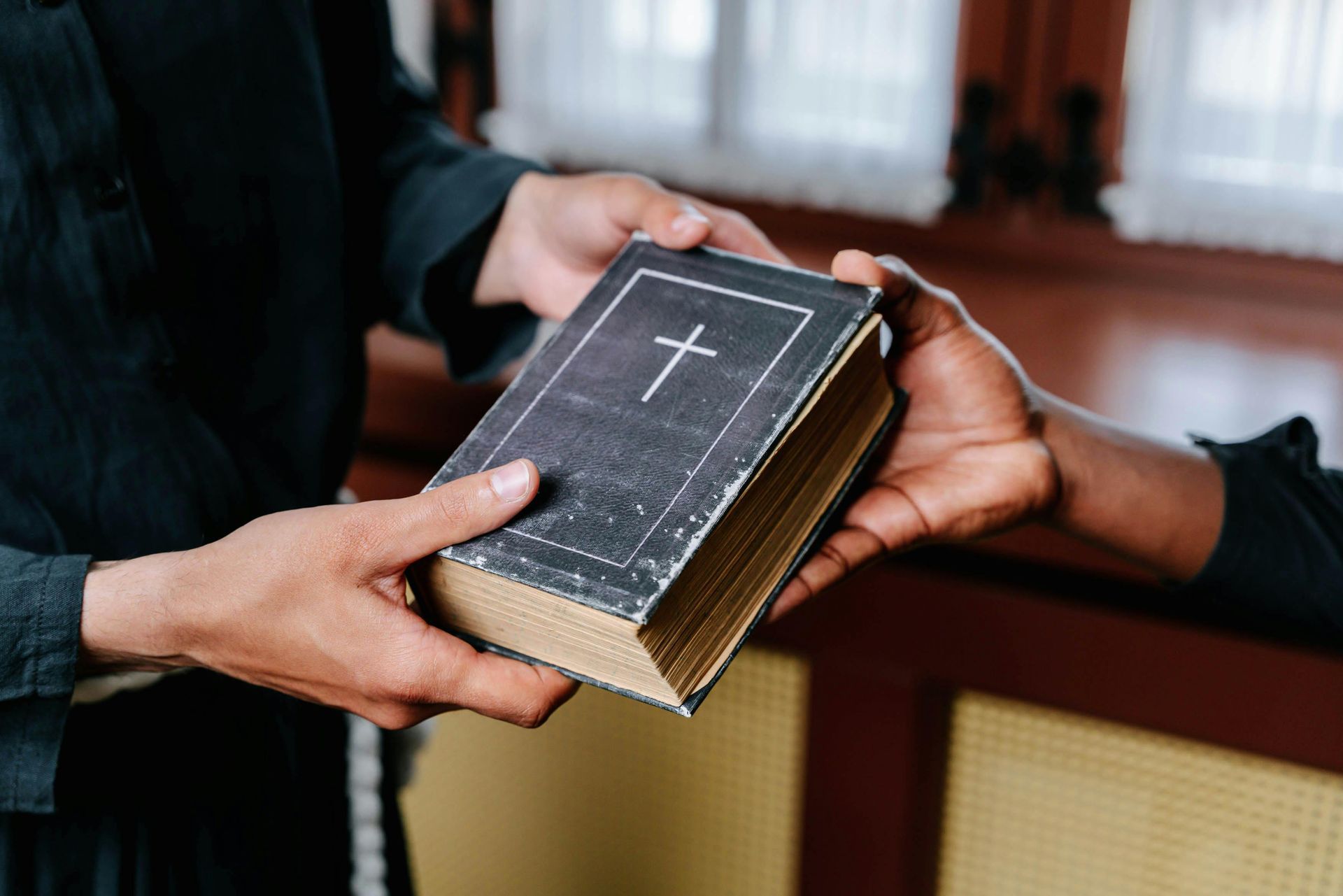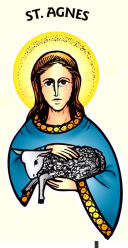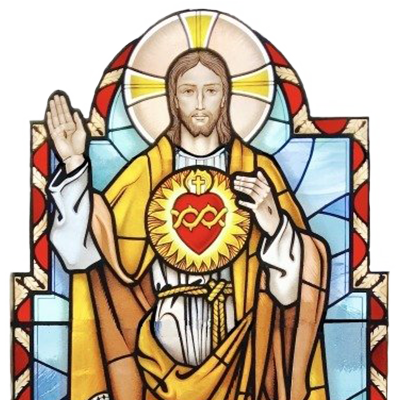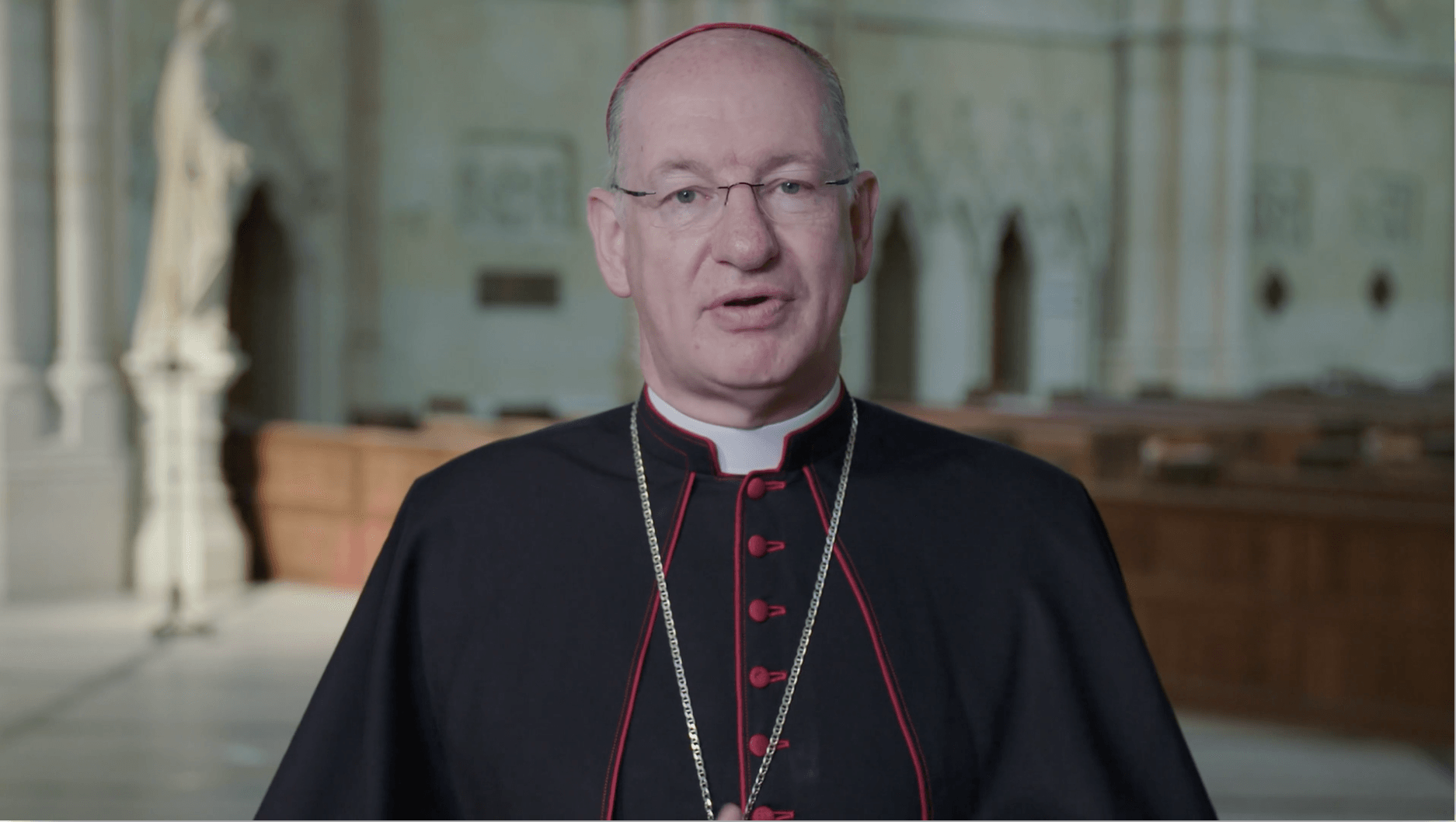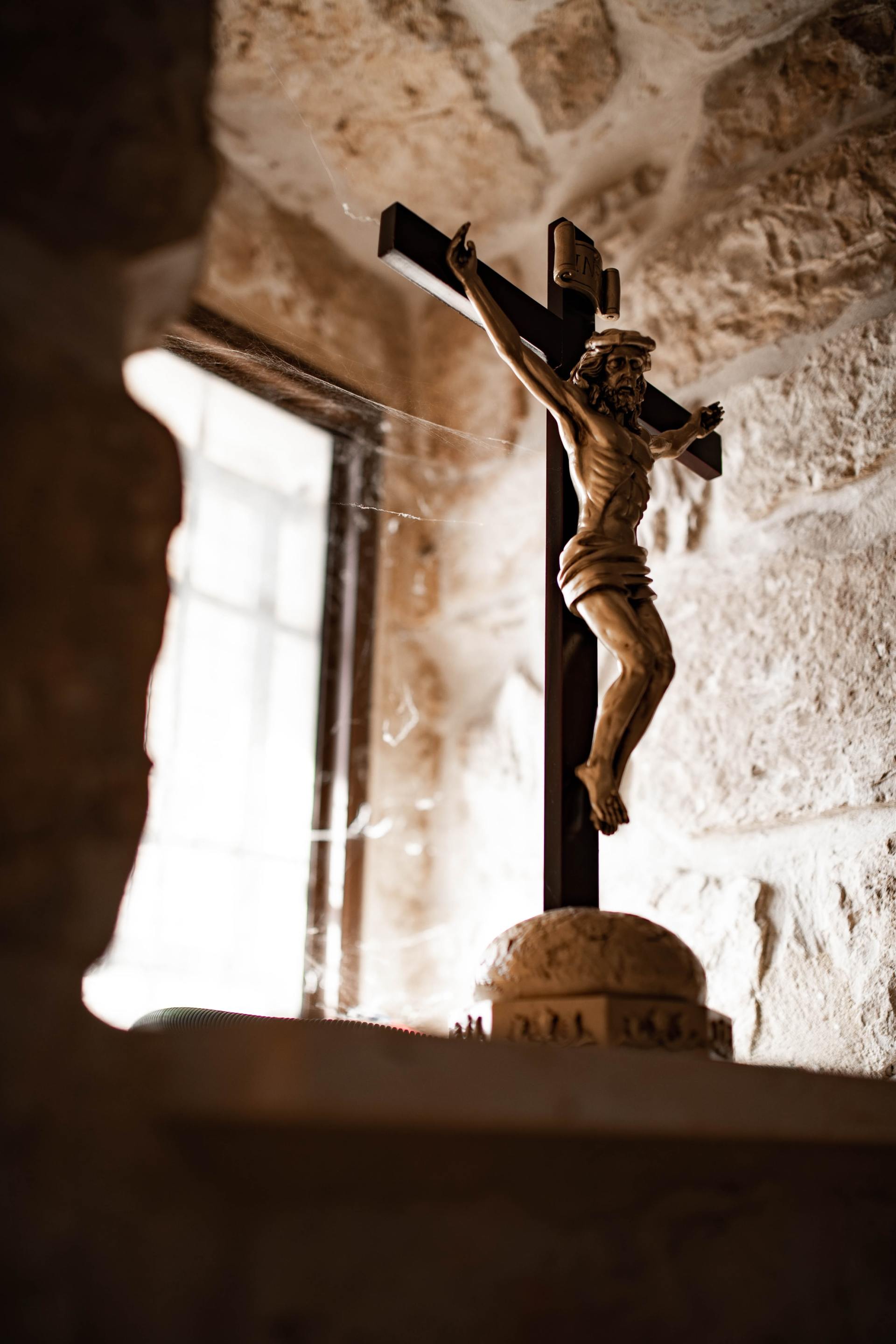St Alphonsus Ligouri . . .
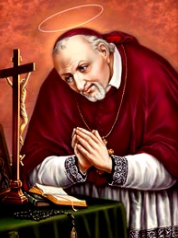
Moral theology, Vatican II said, should be more thoroughly nourished by Scripture, showing the nobility of the Christian vocation of the faithful and their obligation to bring forth fruit in charity for the life of the world. Alphonsus, declared patron of moral theologians by Pius XII in 1950, would rejoice in that statement.
In his day, Alphonsus fought for the liberation of moral theology from the rigidity of Jansenism. His moral theology, concentrated on the practical and concrete problems of pastors and confessors. If a certain legalism and minimalism crept into moral theology, it should not be attributed to his model of moderation and gentleness.
He founded the Redemptorist congregation in 1732. It was an association of priests and brothers living a common life, dedicated to the imitation of Christ, and working mainly in popular missions for peasants in rural areas. Almost as an omen of what was to come later, he found himself deserted after a while by all his original companions except one lay brother. But the congregation managed to survive and was formally approved seventeen years later, though its troubles were not over.
He was made a bishop when aged 66 after trying to reject the honour, and at once instituted a thorough reform of his diocese.
Alphonsus is best known for his moral theology, but he also wrote well in the field of spiritual and dogmatic theology. His Glories of Mary is one of the great works on that subject, and his book Visits to the Blessed Sacrament went through forty editions in his lifetime, greatly influencing the practice of this devotion in the Church.
